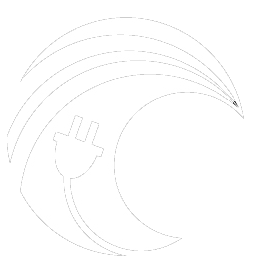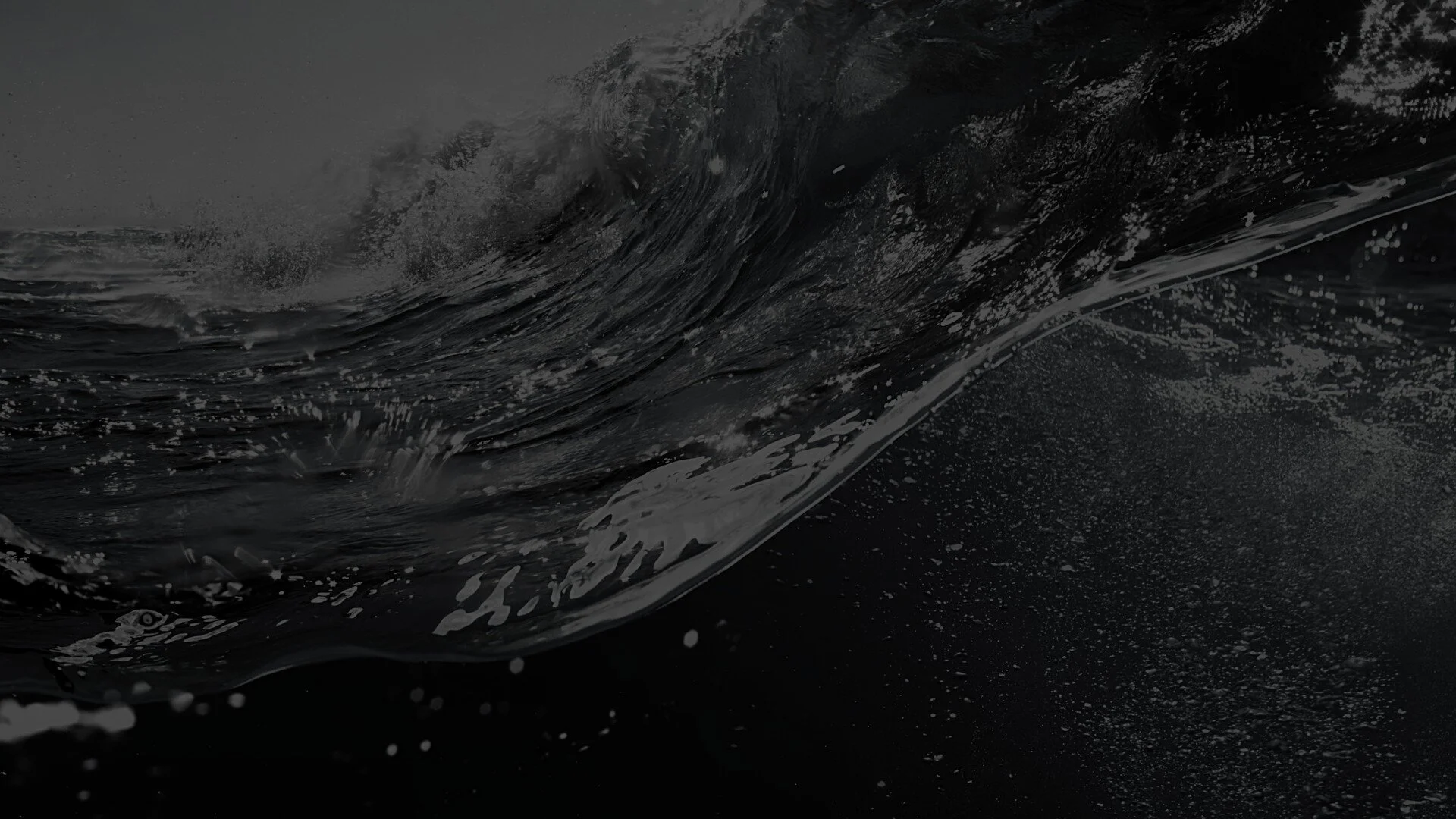Dear Colleagues,
Like the rest of you, over the past weeks, the members of PMEC’s leadership team have been grappling with many of the incredibly important questions about diversity, equity, and inclusion (DEI) in our community - particularly questions about racial justice and the need for systemic change within American policing and other institutions.
Last year, we all self-identified inclusion as one of PMEC’s core values: “We value a diversity of thought, background, perspective, and identity. We consider the strongest PMEC community to be one that includes an entire spectrum of cultures and populations.”
We also recognize that words, in isolation, are insufficient to meet this challenge. Action and education are required. Unlike the COVID-19 pandemic, this is not a new challenge and not one that requires specialized medical or epidemiological training to make a difference. Nor is it one that will be solved by a vaccine. This is a much harder problem - one that is a product of decades of failure by societies, institutions, and governments. Both as a center and as individuals, we must all commit to a sustained effort at improving diversity, equity, and inclusion across the PMEC institutions, so that we can truly live up to our shared values - particularly the core value we hold in inclusion.
To this end, all members of the leadership team have committed to participating in Diversity, Equity & Inclusion training within the next six months and to developing a cohesive and accountable strategy to remove barriers to recruit and support under-represented students and faculty. We encourage all faculty, staff, and students affiliated with PMEC to do the same. In addition, we will hold a DEI session during the September 2020 All-Center Meeting in which we will ask PMEC members to make similar, documented commitments.
A few further ideas for how to use the current moment to inspire positive change:
For those of you who participate in journal clubs, read and discuss some of the excellent literature that shines a light on the institutional bias towards minority researchers. One recent example that lays bare the magnitude of the problem is Hofstra, B., Kulkarni, V.V., Galvez, S.M.N., He, B., Jurafsky, D. and McFarland, D.A., 2020. The Diversity–Innovation Paradox in Science. Proceedings of the National Academy of Sciences, 117(17), pp.9284-9291. Follow by committing to read more literature by authors from under-represented backgrounds.
For students, challenge your supervisors to be more intentional and proactive about diversity, equity, and inclusion. Knowing what matters to you can help us to take action. As an example, some of our research groups have begun conversations about how we can be more intentional in our recruiting at a graduate and undergraduate level to expand opportunities for under-represented minorities.
For faculty, challenge your peers to recognize the problem and carve out the time - the most limited of our resources - to help push this boulder uphill. As faculty, we are judged by our research, teaching, and service. Diversity, equity, and inclusion may not be explicitly represented in the promotion and tenure process, but, as one of our students put it, “This should be considered a moral imperative.” Embrace that imperative.
To those who are hurting and feeling burdened in response to recent events and who have long experienced systemic discrimination, we support you. We pledge to stand by you and intervene when we witness individual insults or bigotry. We pledge that when we get it wrong, we will listen to your experiences and work to get it right.
For those of us who are not under-represented minorities, we should expect this process to be uncomfortable. And that’s fine -- we’re in academia because we want to grapple with difficult problems that lack obvious solutions. We’re in marine renewable energy because we believe big challenges can be overcome and the world can do better. We must do better and, by working together, we will do better.
Brian Polagye, Director, University of Washington
Bryson Robertson, co-Director, Oregon State University
Jeremy Kasper, co-Director, University of Alaska Fairbanks
Sarah Henkel, Associate Director, Oregon State University
Ted Brekken, Associate Director, Oregon State University

